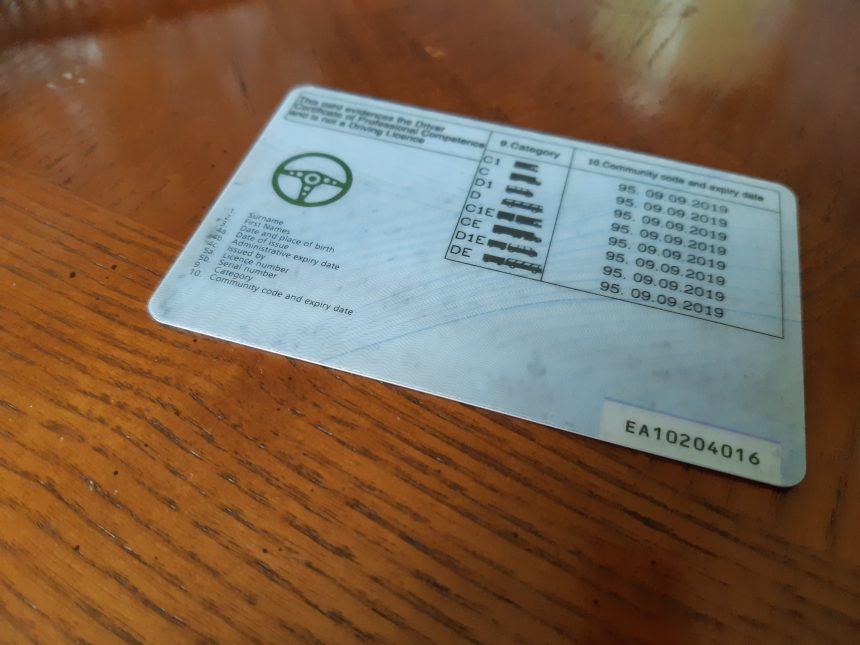News that Driver CPC reform will push ahead will be welcomed by many, with the mechanism around the scheme in its current form often seen as cumbersome.
As ever, the devil is in the detail. More work will follow to deliver perhaps the most significant proposed change: Introduction of renewal via a periodic testing option in place of regular training as part of the new National DCPC.
When (or if) that plan materialises, it will in theory greatly simplify the process of renewing a National DCPC – although as a domestic-only qualification, it will be of no use to many coach operators. But there are caveats. A testing approach is not the panacea for some other businesses that either it may be seen as, or has possibly been presented as.
If a driver cannot pass a periodic test (and DfT talks of a “significant examination” of knowledge), then what? An otherwise unexpected need for 35 hours’ periodic training is introduced, potentially at short notice.
RHA, meanwhile, believes that a periodic test with no associated training mandate will compromise safety. That argument is easy to understand, although it could also be said that Driver CPC in its current form falls into the same hole when not deployed in the manner intended.
Training will be required anyway to ensure that drivers’ knowledge is sufficient to pass a test. Changes to module composition and expanded scope for e-learning should enable that to be further tailored to an operator’s requirement. That poses the question: Why introduce the periodic test option at all?
Government response and next steps on Driver CPC reform here.



























